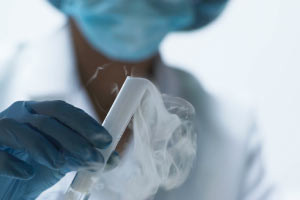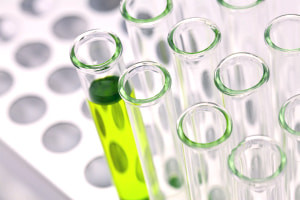Description
In this course, you will learn:
- A fundamental understanding of chemical principles, which is especially crucial in analytical chemistry.
- The capacity to assess the precision and correctness of experimental data and to demonstrate how statistical tools might improve these assessments.
- In modern analytical chemistry, a wide number of techniques are useful.
- The abilities required to answer quantitatively analytic problems.
- Obtaining high-quality analytical results requires laboratory competence.
Syllabus:
1: Basic Tools of Analytical Methods
1. Chemical Measurements and Analytical tools
2. Experimental Error
3. Statistics and Quality Assurance
4. Chemical Equilibrium
5. Sample Preparation
2: Chemical Equilibria for Quantitative Analysis
6. Gravimetric Analysis
7. Effects of Electrolytes
8. Systematic Treatment
9. Monoprotic Acid-Base Equilibria
10. Polyprotic Acid-Base Equilibria
11. Acid-Base Titrations
12. EDTA Titrations
3: Electrochemical Analysis and Spectrophotometry
13. Fundamentals of Electrochemistry
14. Potentiometry
15. Redox Titrations
16. Fundamentals of Spectrophotometry
17. Applications of Spectrophotometry
18. Spectrophotometers
4: Spectrochemical Analysis and Analytical Separations
19. Atomic Spectroscopy
20. Mass Spectrometry
21. Introduction to Analytical Separations
22. Gas Chromatography
23. High-Performance Liquid Chromatography
24. Electrophoresis Analyses







